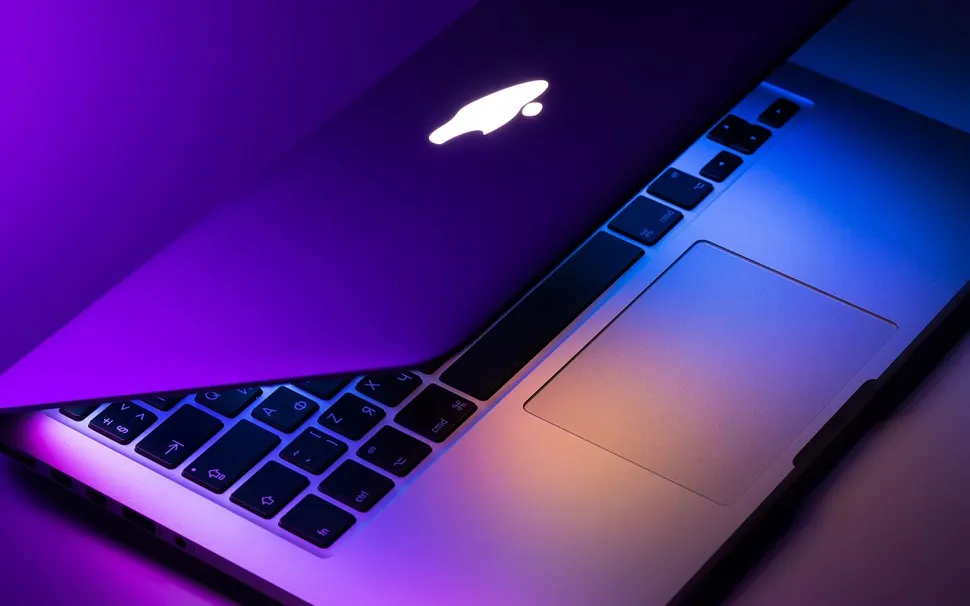The debate over whether Macs are immune to viruses or whether they need antivirus software has been a longstanding one, and the rise of AI-driven malware has only added fuel to the fire.

The Myth: Macs Don’t Get Viruses
Many Apple fans and users have long subscribed to the idea that Macs are immune to viruses, bolstered by macOS’s built-in security features like Gatekeeper, XProtect, and its Unix-based architecture. These features certainly make Macs more secure compared to Windows PCs, and indeed, Macs are less likely to be targeted by malware overall. But this doesn’t mean Macs are completely immune to threats.
Over the years, malware specifically designed for Macs has been on the rise. Mac users are still susceptible to phishing attacks, adware, spyware, trojans, and more, even if the incidence of traditional viruses is lower. The truth is, Macs can get viruses, and this is becoming increasingly clear as hackers target this growing user base.
The Reality: AI-Powered Malware and the Changing Threat Landscape
The introduction of AI tools like ChatGPT has added a new dimension to the cybersecurity landscape. Hackers, even those with minimal technical skills, are finding that AI can help them write malware more efficiently. This is where the Moonlock report comes in—highlighting the potential for AI-powered malware creation.
The report highlights examples of inexperienced hackers using ChatGPT to generate working malware. For instance, the hacker “barboris” posted examples of malware code generated through ChatGPT on a forum, noting how they had no prior experience in malware development but were able to leverage AI to create malicious code.
However, the effectiveness of AI-generated malware is not a foregone conclusion. While it’s true that AI tools like ChatGPT can help generate code quickly, the result often requires troubleshooting, debugging, and fine-tuning—tasks that would likely trip up an inexperienced hacker. In other words, ChatGPT is far from a foolproof malware creation tool, especially for someone with no background in cybersecurity.
That said, the ability for novice hackers to leverage AI to create malware represents a significant shift. As AI tools improve and become more accessible, the barriers to entry for malware creation are lower than ever before, which may lead to an increase in targeted attacks on Macs—and indeed, other platforms as well.
Should You Worry?
While it’s true that the threat of AI-driven malware is real, it’s also important not to panic. macOS has strong built-in security features, and Apple has made improvements over the years to protect users. Plus, even if novice hackers are creating malware with the help of AI, the actual risk to individual users is still relatively low—at least for now.
However, it’s important to remain vigilant. Even Macs are vulnerable to more sophisticated attacks, such as zero-day exploits (where hackers take advantage of security flaws not yet patched by Apple). Relying solely on macOS’s built-in defenses may not be enough if you engage in risky online behaviors, like downloading software from untrusted sources or visiting sketchy websites.
Antivirus Software: Worth It?
This is where the debate becomes more nuanced. Antivirus software on Macs is often seen as unnecessary by many users, especially since macOS’s built-in tools are generally effective at detecting and blocking threats. However, there’s no harm in adding an extra layer of protection—especially for those who might be less tech-savvy or are particularly concerned about the rise in AI-driven attacks.
Popular antivirus programs for Macs, such as Malwarebytes, Bitdefender, or Norton, can offer additional protections, particularly for adware, spyware, and more sophisticated threats that might bypass macOS’s built-in tools.
But the decision of whether or not to install antivirus software on your Mac comes down to personal preference and how much risk you’re willing to take. For most users, safe browsing habits and relying on macOS’s built-in security features are enough. However, for those who are particularly concerned about emerging threats or engage in riskier online behaviors, installing antivirus software can provide peace of mind.